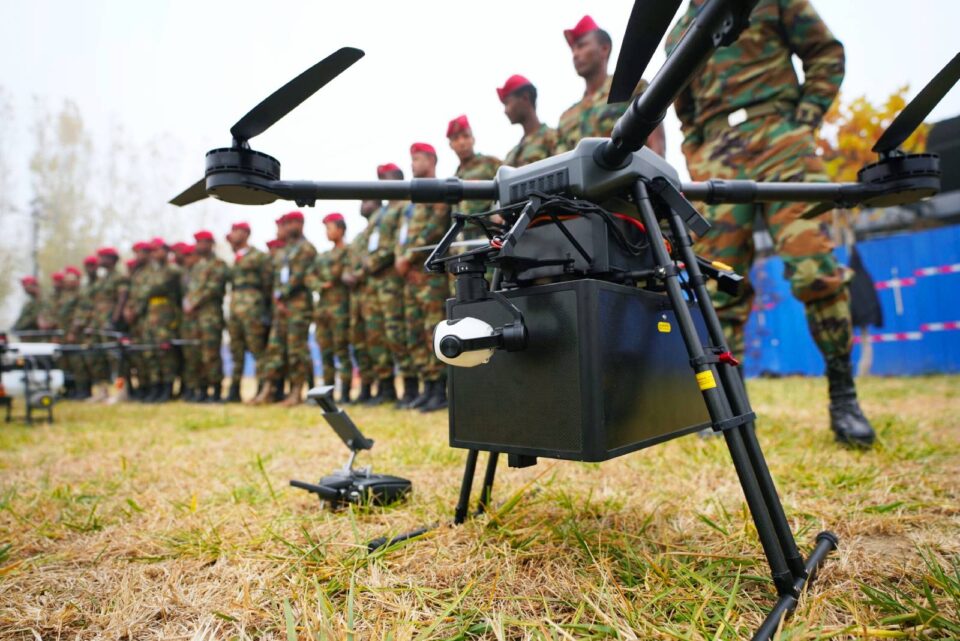ADDIS ABABA, Ethiopia — Ethiopia’s deepening crisis in the Amhara region entered a perilous new phase in recent weeks, as drone strikes and allegations of forced military conscription triggered renewed concern from human rights monitors and signaled an escalation in the conflict between the federal government and Fano militia forces.
According to multiple human rights sources, at least 100 people were killed in a drone strike on April 17 in East Gojjam, one of several recent aerial attacks targeting areas believed to be under Fano control.
Eyewitness accounts and local media reports suggest that civilians may have been among the dead, a claim the federal government has neither confirmed nor denied.
“These strikes are indiscriminate,” said one human rights investigator, who requested anonymity for security reasons. “We are seeing increasing reports of civilian deaths, mass detentions, and people vanishing without a trace.”
The United Nations and several Western embassies have called for independent investigations into the strikes, warning that Ethiopia may be violating international humanitarian law.
The Ethiopian government has defended its military campaign as a necessary response to what it calls “armed insurrection” by Fano militants.
The Fano, a loosely organized Amhara militia movement, emerged as a powerful force during the 2020–2022 Tigray War and has clashed with federal forces repeatedly since.
Tensions have intensified since the federal government launched a controversial campaign to disarm regional militias in 2023.
In a related development, the Ethiopian Human Rights Commission (EHRC), an independent federal body, announced on April 28 that it had launched an investigation into widespread reports of forced conscription by the Ethiopian National Defense Force (ENDF).
The EHRC said it had met with senior ENDF officials to discuss complaints from dozens of families who allege their relatives were detained and forcibly recruited into the army.
“These allegations are serious and demand a transparent inquiry,” said Daniel Bekele, the Commission’s chief commissioner, in a statement released Tuesday.
“Forced conscription violates Ethiopia’s constitutional protections and international obligations.”
The ENDF has denied any formal policy of forced recruitment but acknowledged “isolated incidents” may have occurred during recent mobilizations in conflict-affected areas.
The confluence of escalating military operations and allegations of abuse marks one of the gravest challenges yet for Prime Minister Abiy Ahmed’s government, already struggling with inflation, ethnic unrest, and mounting international scrutiny.
Analysts warn that unless the government pursues dialogue with regional actors, the violence may spiral beyond control.
“The risk of national fragmentation is growing,” said Mesfin Teklu, a Horn of Africa analyst based in Nairobi.
“This is no longer just about Amhara—it’s about the future of Ethiopia’s federation.”
Despite the mounting toll, there is little sign that either side is willing to back down. As drone strikes continue to pound contested areas and families brace for further arrests, the humanitarian cost of Ethiopia’s internal war continues to rise—largely beyond the reach of international headlines.





